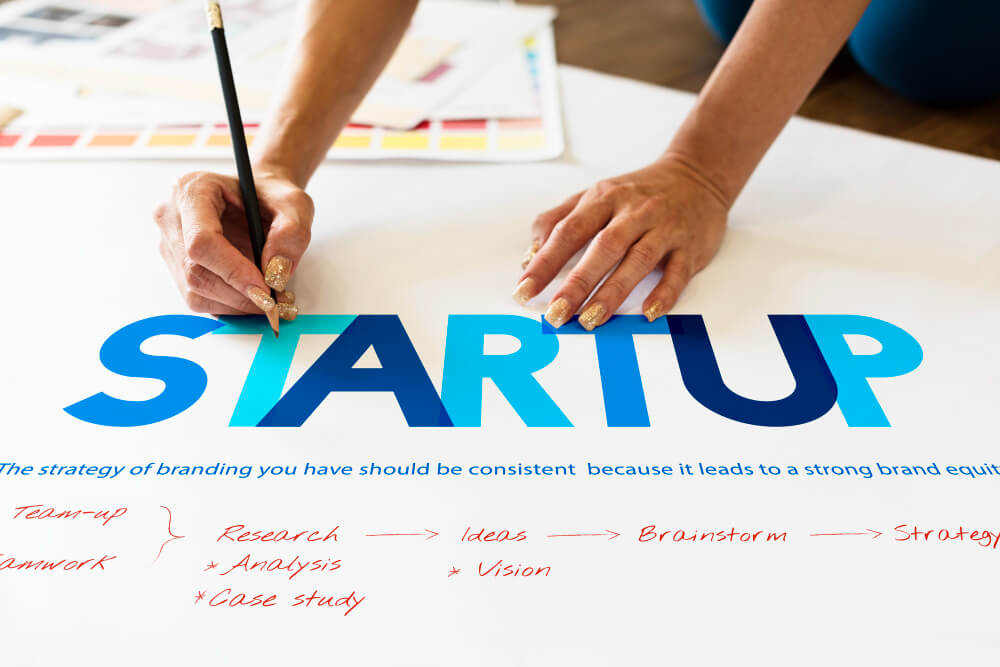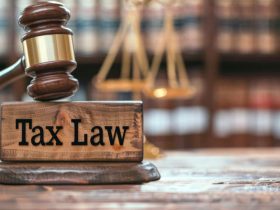A commercial van is a vital and hard-working asset for any business. However, the reason for purchasing a van differs, and so are the tax implications.
It is used to transport a company’s goods or tools and receives VAT deductions for VAT-registered companies. However, the rules differ according to the maximum payload of the van, purchased or taken on lease, used for business or private purposes.
This post will help owners understand what a van is and how to avoid VAT while purchasing them.
Table of Content
What is a van?
The HMRC defines a van or a light commercial vehicle (LCV) as:
● A vehicle manufactured for the conveyance of goods or burden
● The gross vehicle weight, fully laden, must not exceed 3500 kg.

The vehicles classified as N1 or N2 are taxable as a van.
While purchasing a vehicle, your dealer must confirm that it is a van. If it isn’t a van, it is a car, and unless it has low emissions, you should consider it carefully before buying through your company.
Suppose you purchase a mixed-use crossover vehicle, like a pickup truck with a 50:50 passenger and cargo capacity. In that case, it falls under the category of a company car rather than a van.
Ask a professional for VAT calculation before submitting VAT returns and attempting to recover any paid VAT.
How to avoid VAT on business vans?
You cannot wholly avoid paying VAT; however, a VAT-registered business can claim any VAT paid on purchasing a business van and on day-to-day running costs like maintenance and fuel.
A company cannot recover input VAT on electricity supply charges under the current government regulation.
● Buying van from VAT-registered seller
When purchasing a new or used van for business, you must be aware of the additional 20% off the ticket price. This 20% you charge is the VAT payable to the HMRC for VAT-registered businesses.
● Buying van from non-VAT-registered and private sellers
If you purchase the van from another non VAT-registered business or a private seller, you not pay any VAT.
● Buying a van through a limited company
Buying a van in a tax-efficient manner is through your VAT-registered limited company. Use a VAT checker to calculate the amount of VAT you pay to a registered seller, as you can reclaim the amount on your VAT return.
Plus, if you mention the entire vehicle cost as your capital allowance, you can reduce the corporation tax bill.
● Buying a van from VAT-registered dealers under the VAT margin scheme
You can purchase a van from some VAT-registered dealers operating under the VAT margin scheme. Here, they charge you VAT based on the purchase amount and the selling price.
For example, a dealer purchases a van for £8,000 and sells it for £10,000. Under the VAT margin scheme, they can charge you 20% VAT on the difference between purchase and selling price, which is £10,000-£8,000 =£2000. So, your VAT amount is £400 (20% of £2000) rather than £2,000 on the selling price of £10,000. Thus, you save money.
However, the dealer won’t provide a VAT invoice, and you cannot reclaim the paid VAT.
● Leasing a van
While leasing a van, you can reclaim the amount if you pay any VAT above the monthly fees. However, you must be a VAT-registered company with no significant personal usage.
What taxes can you save on buying a company van?
● Capital allowance
You can claim 100% of the cost of purchasing a company van as a capital allowance, but not for a company car. However, you can partially claim the cost of company cars as capital allowance at fixed rates set by HMRC, depending on the CO2 emissions.
● Annual Investment Allowance
Business vans fall under the plant and machinery class, which means they qualify for the Annual Investment Allowance regime. AIA is temporary £1 million up to 31st March 2023, and you can invest as much needed up to that amount and offset the total cost against your profits.
● Reclaim VAT
A VAT-registered limited company can reclaim any VAT paid on purchasing a van for business purposes only.
HMRC is more flexible towards vans than company cars, and they overlook a small amount of incidental personal usage, like picking up breakfast while travelling between business locations. However, if there is a significant amount of individual use, you can still recover a portion of the VAT paid based on the percentage of business usage.
A van is a depreciating asset, meaning you can never recover the cost you paid to purchase it while selling it. Also, buying a van for business may impact your cash flow, so ensure you have sufficient funds to cover core business outgoings.
● Tax relief on allowable business expenses
In case of a tight budget, you can lease a company van. While you may not get capital allowances, the monthly cost of leasing vans is deductible against your profit as an allowable business expense.
Additionally, if you pay any interest above the monthly fee, HMRC considers it an allowable business expense.
When to pay personal tax on business vans?
If the company uses the van for personal purposes, it is liable to a benefit-in-kind charge. Except for zero emission vans, the van benefit charge for 2020-23 will increase to £3,600 from £3,500 in 2021-22.
The company is liable for the van fuel benefit if it is paying for the fuel. The benefit rose to £688 for 2022-23 from £669 for 2021-22.
You need to report these benefits-in-kind to HMRC via p11d every year. The company will be liable for class 1a National Insurance contributions on the total benefits.

Wrapping up
While purchasing a van for business and willing to reduce tax bills or want VAT refunds, consult with professionals. Trying to avoid paying taxes or paying extra VAT can harm your company.









Leave a Reply